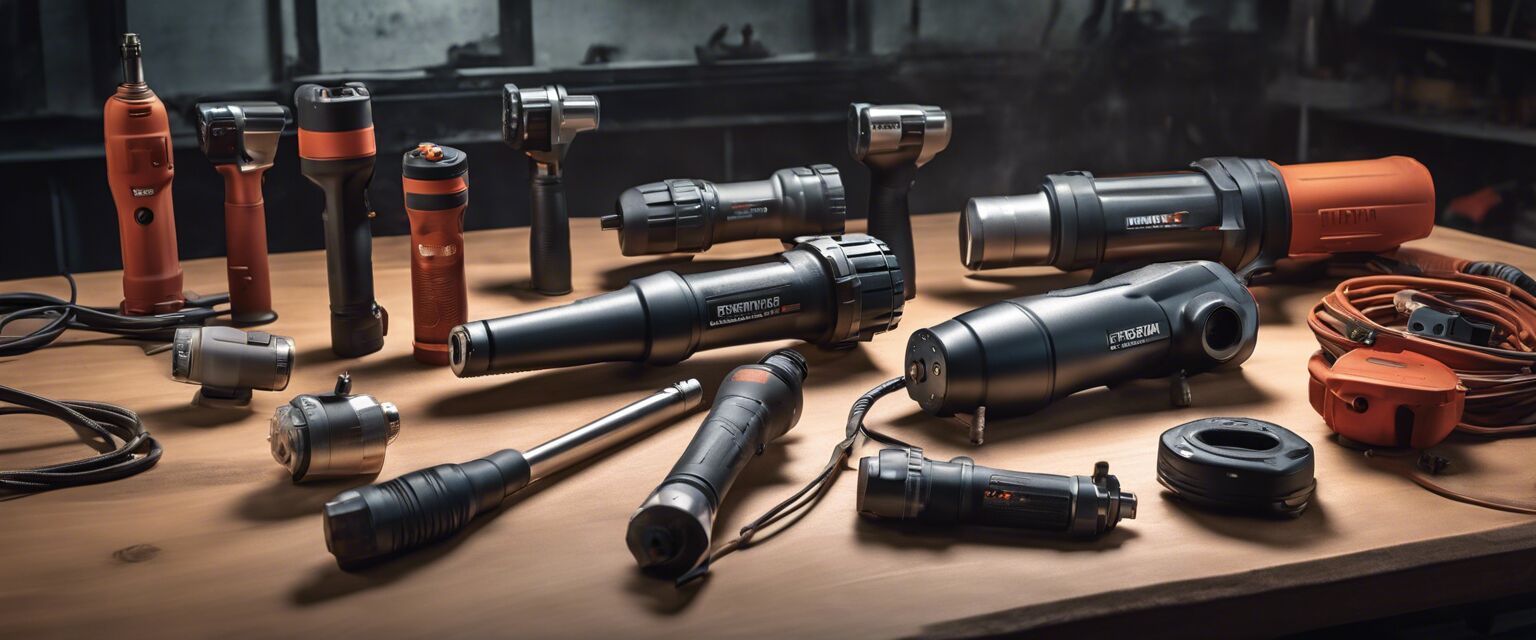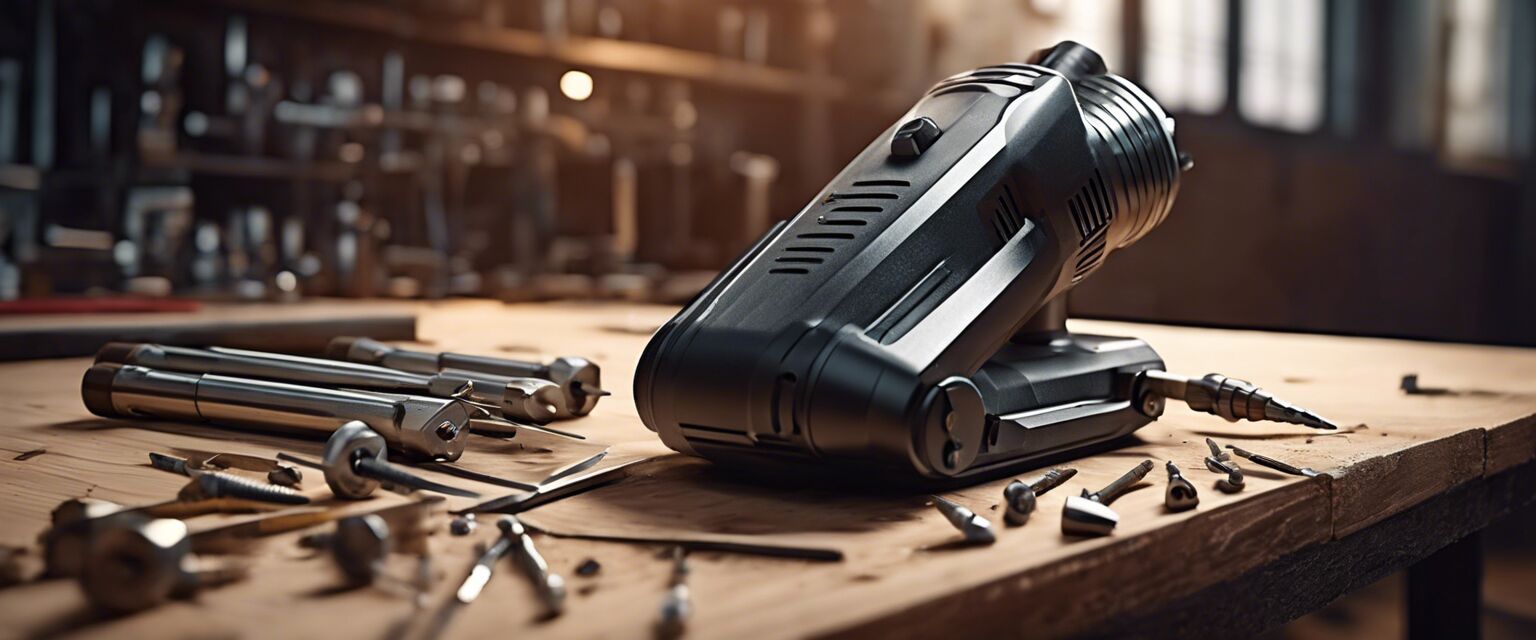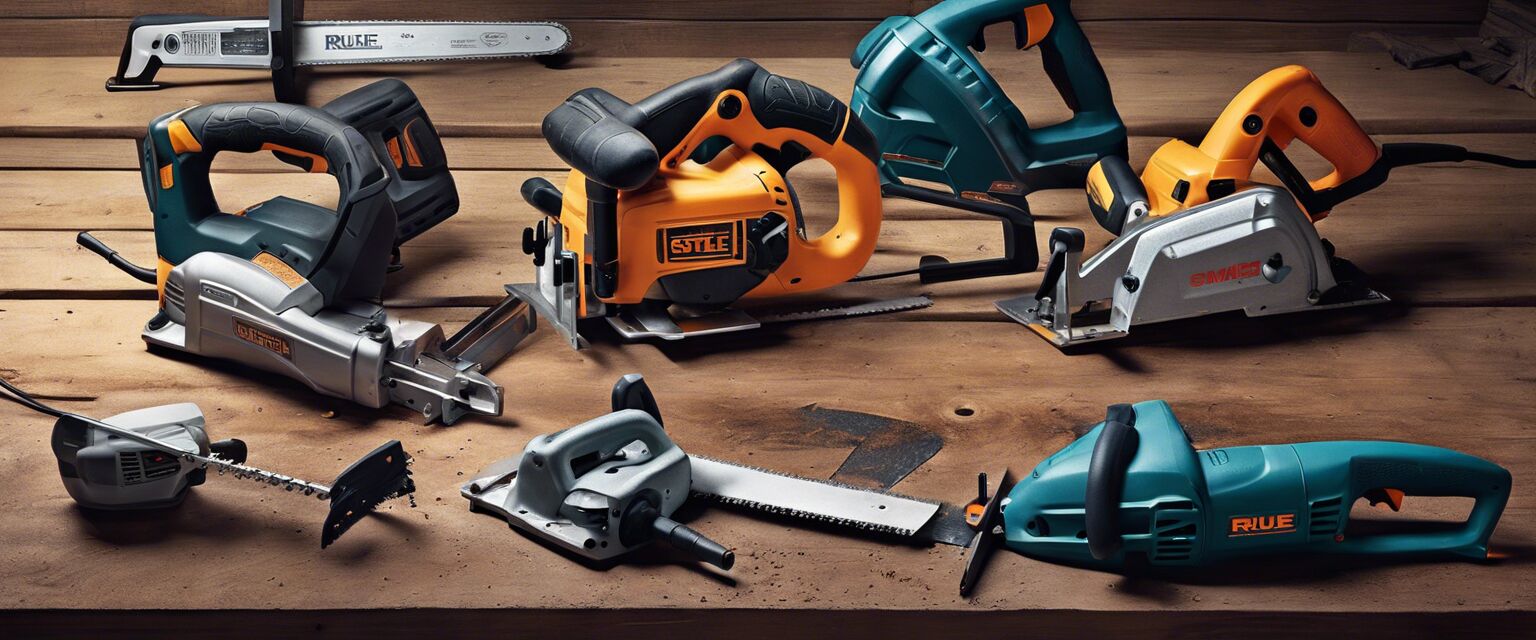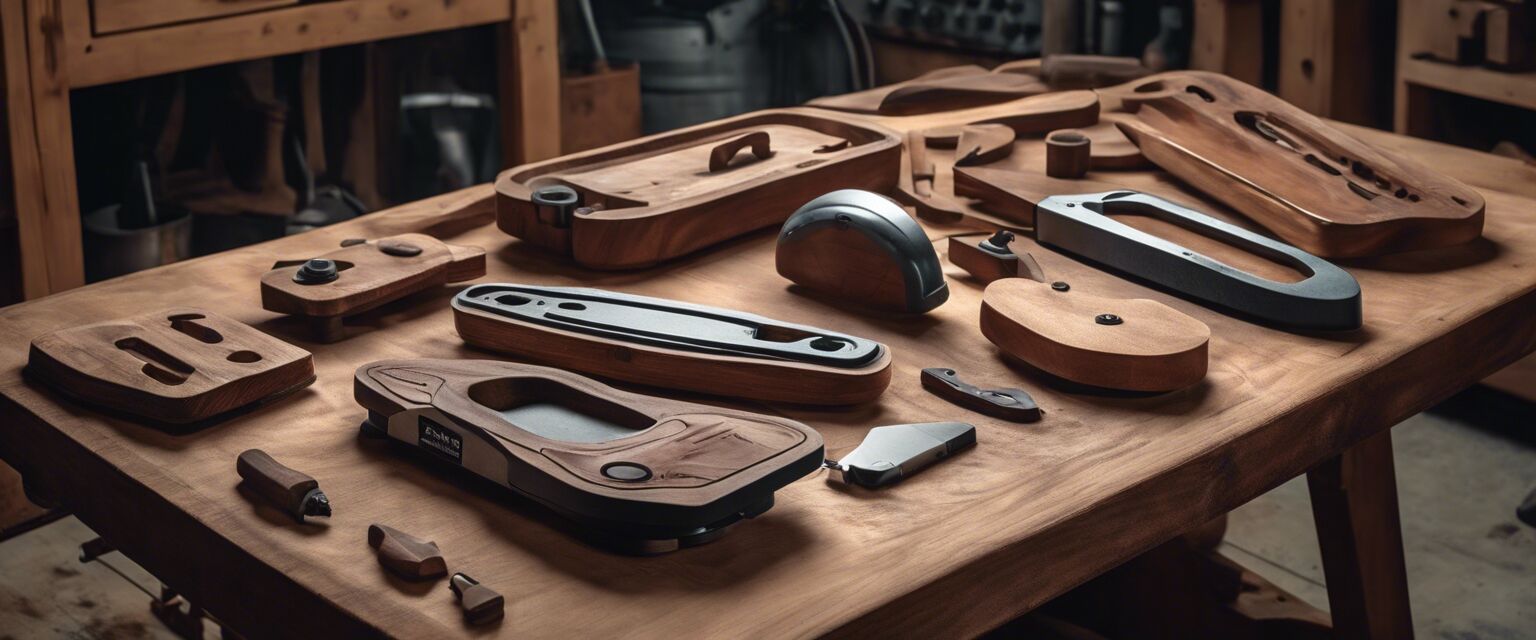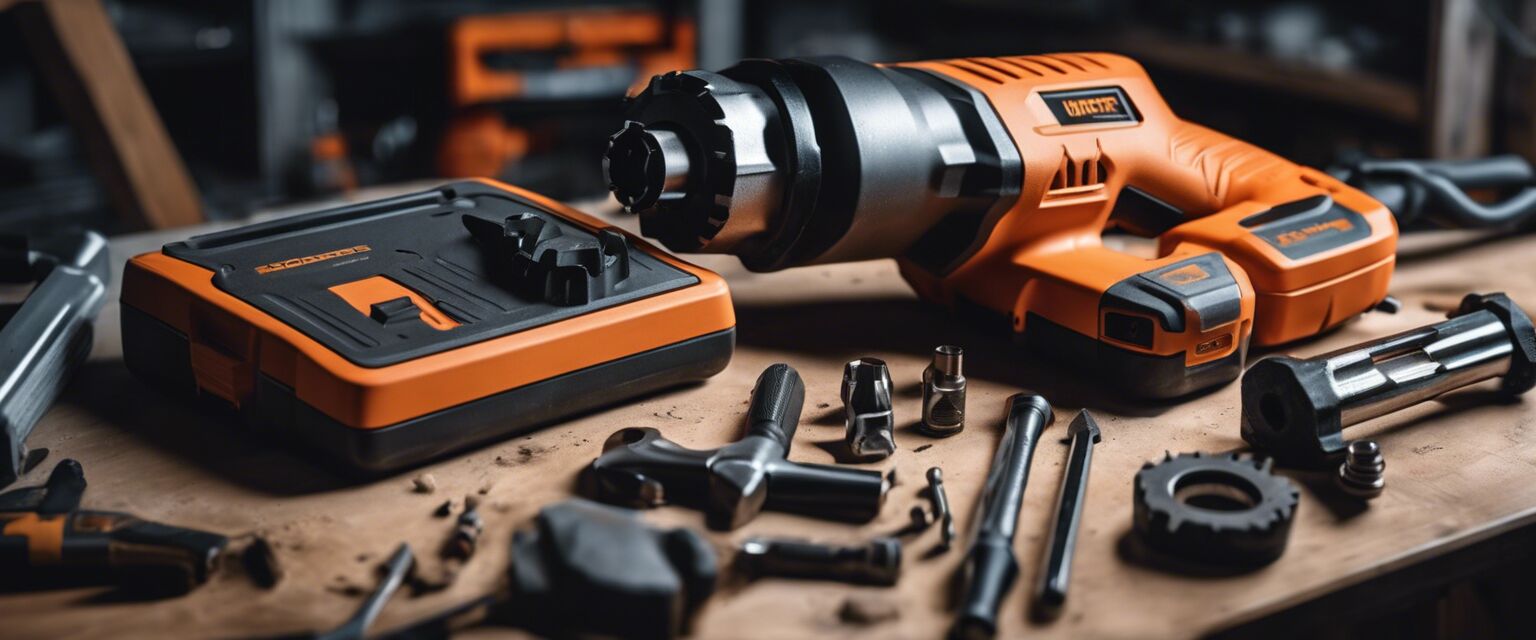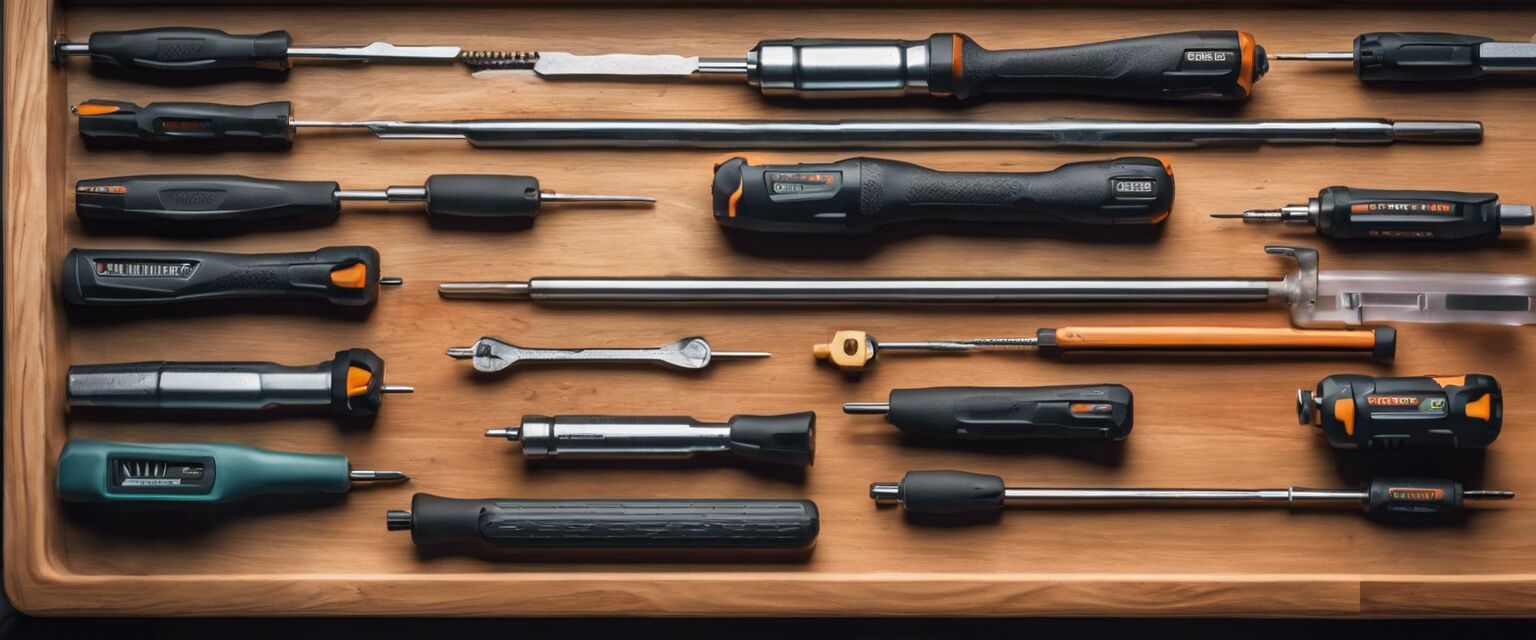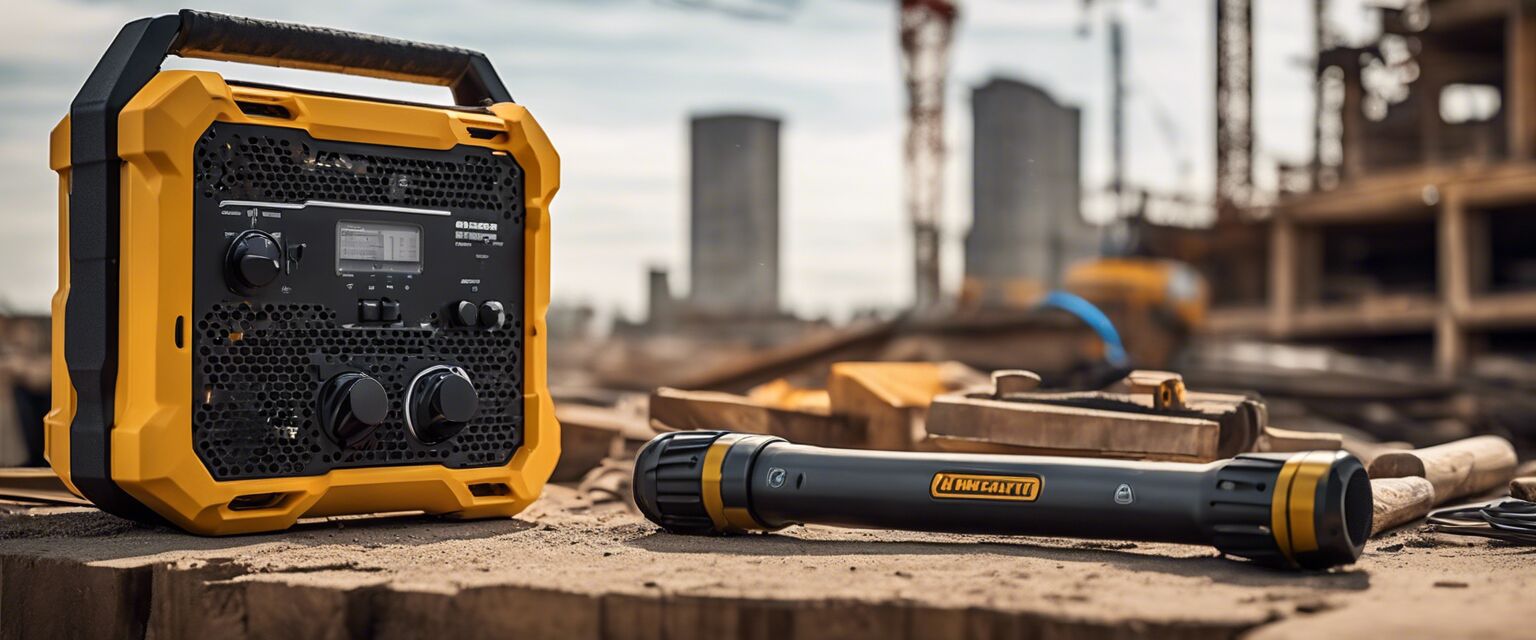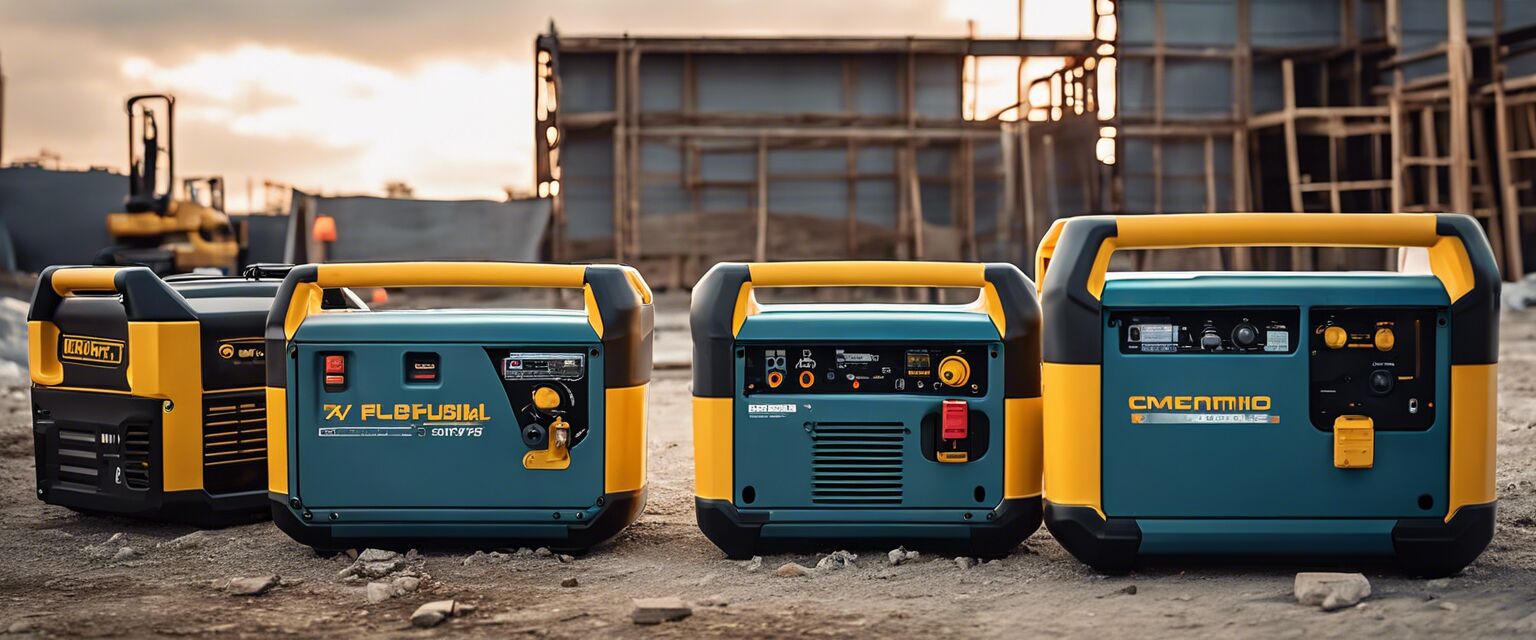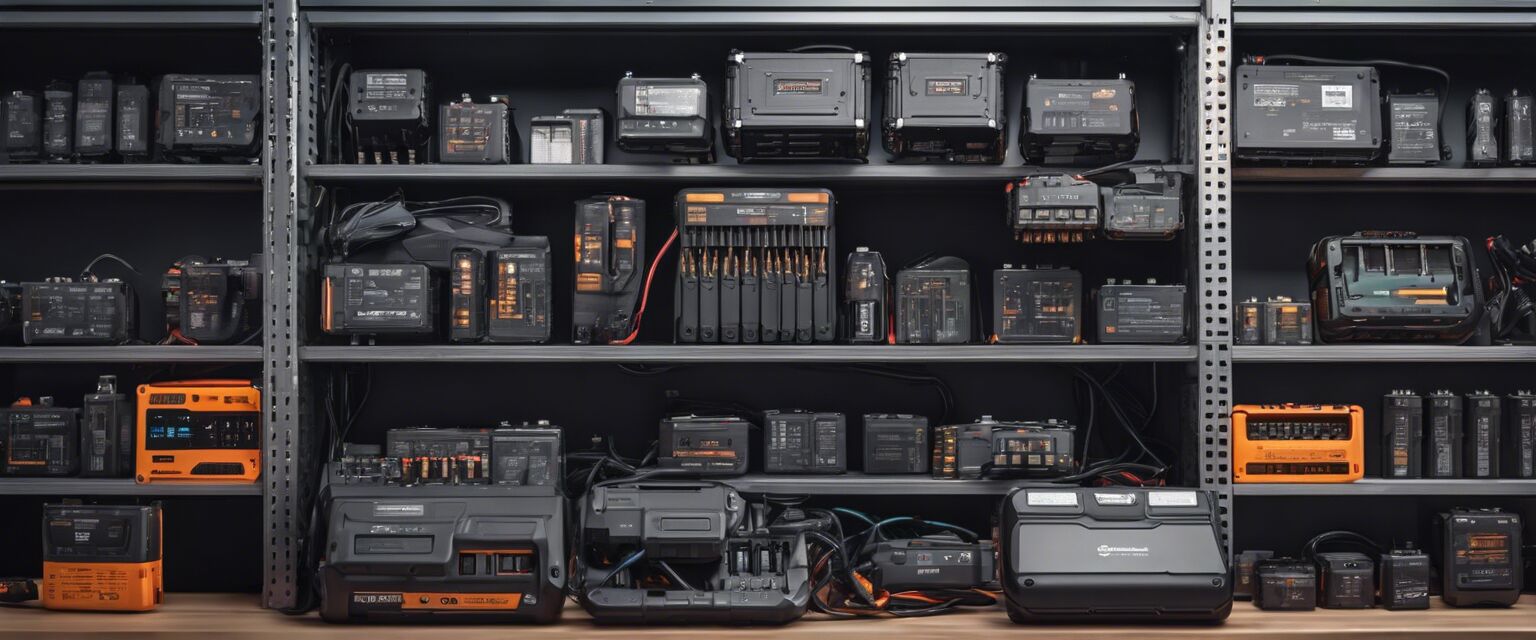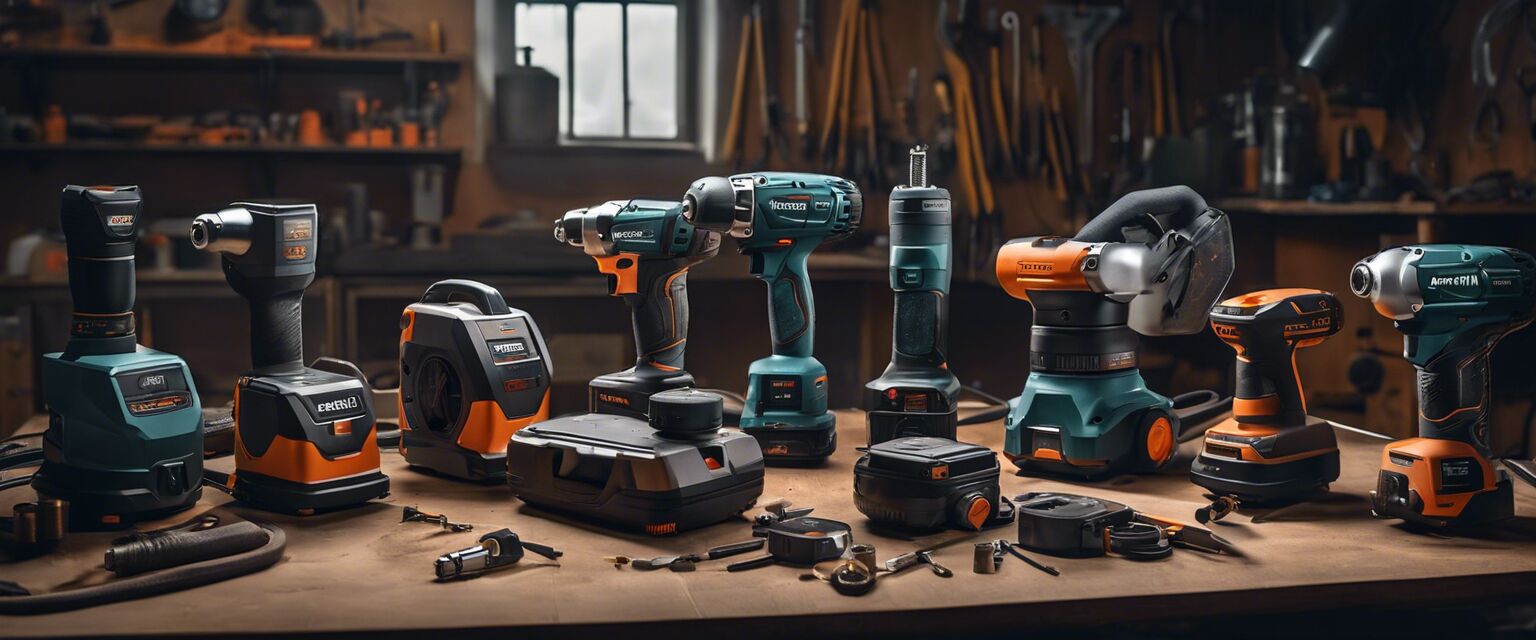
Portable Power Grinders
Key Takeaways
- Portable power grinders are essential tools for contractors and DIY enthusiasts.
- Different types of grinders serve various purposes, including cutting, polishing, and grinding.
- Consider factors such as power, weight, and versatility when choosing a grinder.
- Regular maintenance ensures longevity and optimal performance.
Portable power grinders are versatile tools that can help you tackle a wide range of tasks, from cutting metal to polishing surfaces. Whether you're a contractor or a DIY enthusiast, having the right grinder can make your work much easier and more efficient. In this article, we will evaluate the top portable power grinders available and explore their performance for different use cases. Let's dive in!
Types of Portable Power Grinders
There are several types of portable power grinders available on the market, each designed for specific applications. Here are the most common types:
- Angle Grinders: Ideal for cutting, grinding, and polishing.
- Circular Saws: Used primarily for cutting materials like wood and metal.
- Oscillating Multi-Tools: Versatile tools for sanding, cutting, and scraping.
- Reciprocating Saws: Perfect for demolition and cutting through tough materials.
Performance Evaluation Criteria
When evaluating portable power grinders, consider the following criteria to determine their performance:
| Criteria | Description |
|---|---|
| Power | The motor's wattage affects performance and efficiency. |
| Weight | Lightweight models are easier to handle but may lack power. |
| Speed | RPM (revolutions per minute) indicates how fast the tool operates. |
| Versatility | Some models come with interchangeable attachments for various tasks. |
| Durability | Quality materials ensure that the grinder lasts longer. |
Top Portable Power Grinders Comparison
| Model | Power (W) | Weight (lbs) | Speed (RPM) | Versatility |
|---|---|---|---|---|
| Angle Grinder A | 1200 | 5.5 | 11000 | High |
| Circular Saw B | 1500 | 6.5 | 5000 | Medium |
| Oscillating Tool C | 300 | 3.5 | 20000 | Very High |
| Reciprocating Saw D | 900 | 7.0 | 3000 | Medium |
Choosing the Right Grinder
Choosing the right portable power grinder depends on the specific tasks you plan to undertake. Here are some tips to help you make the best decision:
Tips for Beginners
- Assess the materials you'll be working with to choose the appropriate grinder.
- Consider the power source: corded grinders offer consistent power, while cordless models provide mobility.
- Look for grinders with adjustable speed settings for greater control.
- Read reviews to understand how each model performs in real-world applications.
Maintenance and Care
Proper maintenance is essential to ensure longevity and optimal performance of your portable power grinder. Here are essential maintenance tips:
- Regularly clean the tool to remove dust and debris.
- Inspect the cord and plug for any signs of wear.
- Replace worn-out grinding wheels and accessories promptly.
- Store the grinder in a dry place to prevent rust and corrosion.
Conclusion
Portable power grinders are indispensable tools for any contractor or DIY enthusiast. By understanding the different types of grinders, evaluating their performance, and practicing proper maintenance, you can enhance your efficiency and effectiveness on the job. For more information on specific types of portable power tools, check out our sections on Angle Grinders, Circular Saws, Cordless Drills, Impact Wrenches, and Reciprocating Saws.
Pros
- Versatile for various applications
- Portable and easy to use
- Available in multiple types for different tasks
- Many models come with additional features
Cons
- Some models can be heavy
- Battery-operated options may have limited runtime
- May require additional attachments for specific tasks
Additional Resources
If you're interested in exploring more about power tools, check our detailed reviews on:
Further Reading
For more tips and detailed evaluations, visit our blog for the latest articles in the power tools category.
